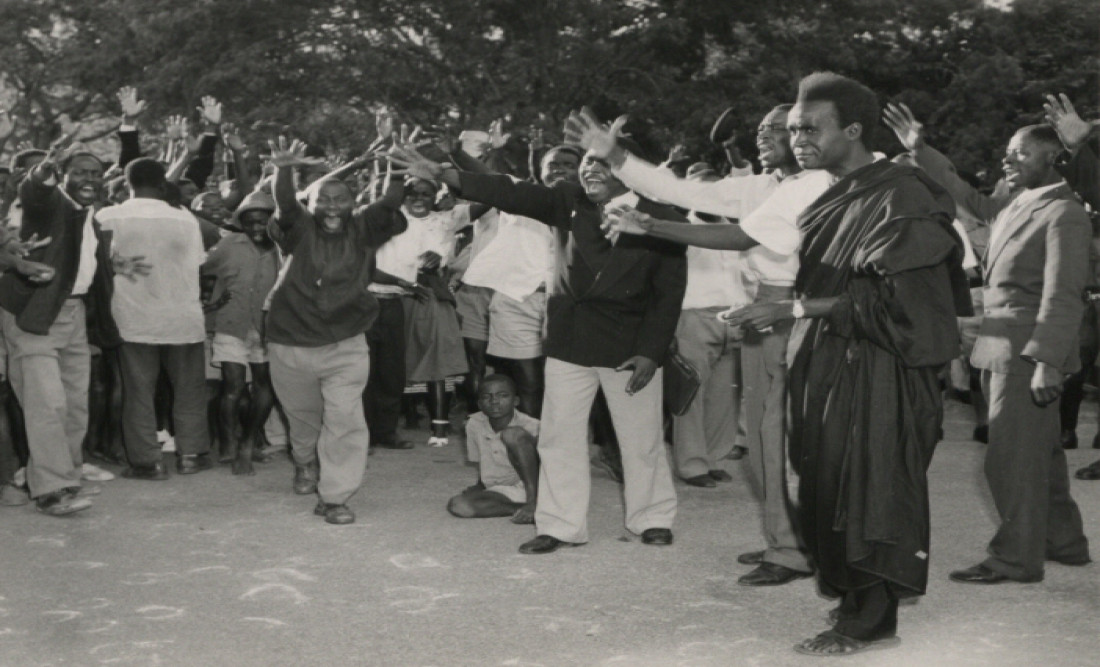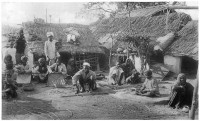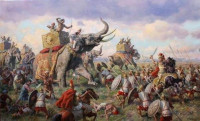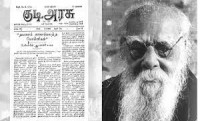Nationalism in Africa: The case of Ghana

The late nineteenth and early twentieth centuries witnessed the rise of nationalism in many Afro-Asian countries. In many of these, nationalism arose as a part of the anti-colonial struggles for independence. Colonial rule in Africa was dictatorial. Only the “Chiefs” were allowed to rule on behalf of the foreign powers. Alternately, laws affecting Africans were created in all-white legislatures. Africans had no decision-making powers or representation, not until after the Second World War at least. The forcible takeover of land from local owners or users, increased taxation and poor working conditions led to many African protests. In 1957, Ghana, known until then as the Gold Coast, became the first sub-Saharan African country to gain independence. The freedom movement was led by Kwame Nkrumah’s Convention People’s Party through strikes, boycotts and mass rallies. In 1951 this party won a huge electoral victory. It opposed the existing system in which the British rulers had allowed the Chiefs to nominate representatives to the legislature. It pressed the British to grant a legislature that contained no nominated or special members and won this demand in 1954. Elections to the new Legislative Council were held in 1956. The Convention People’s Party won these, thus paving the way for the proclamation of an independent nation under the name “Ghana”.











